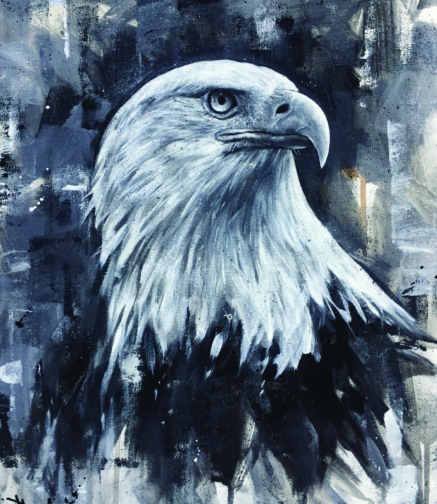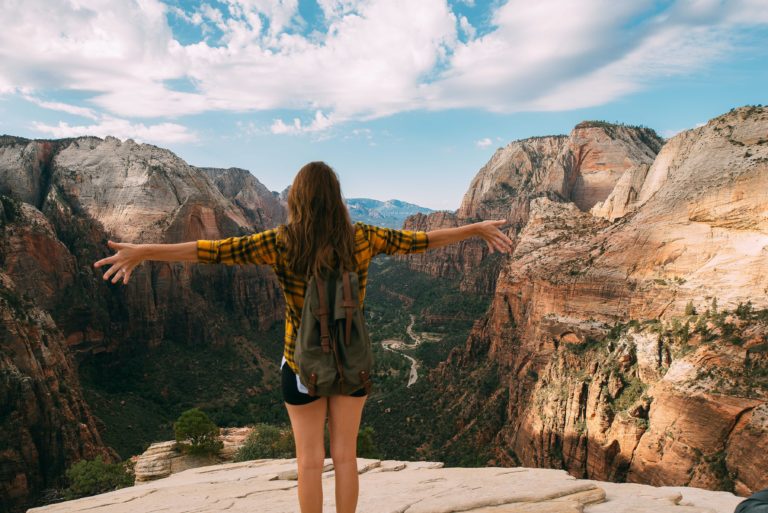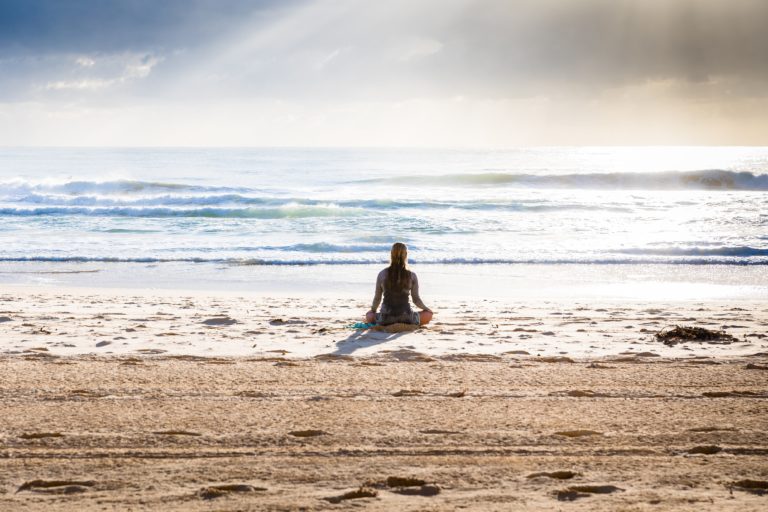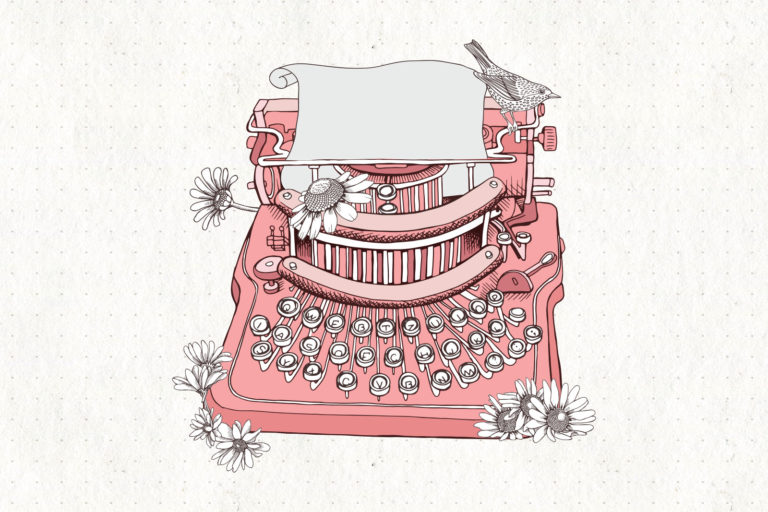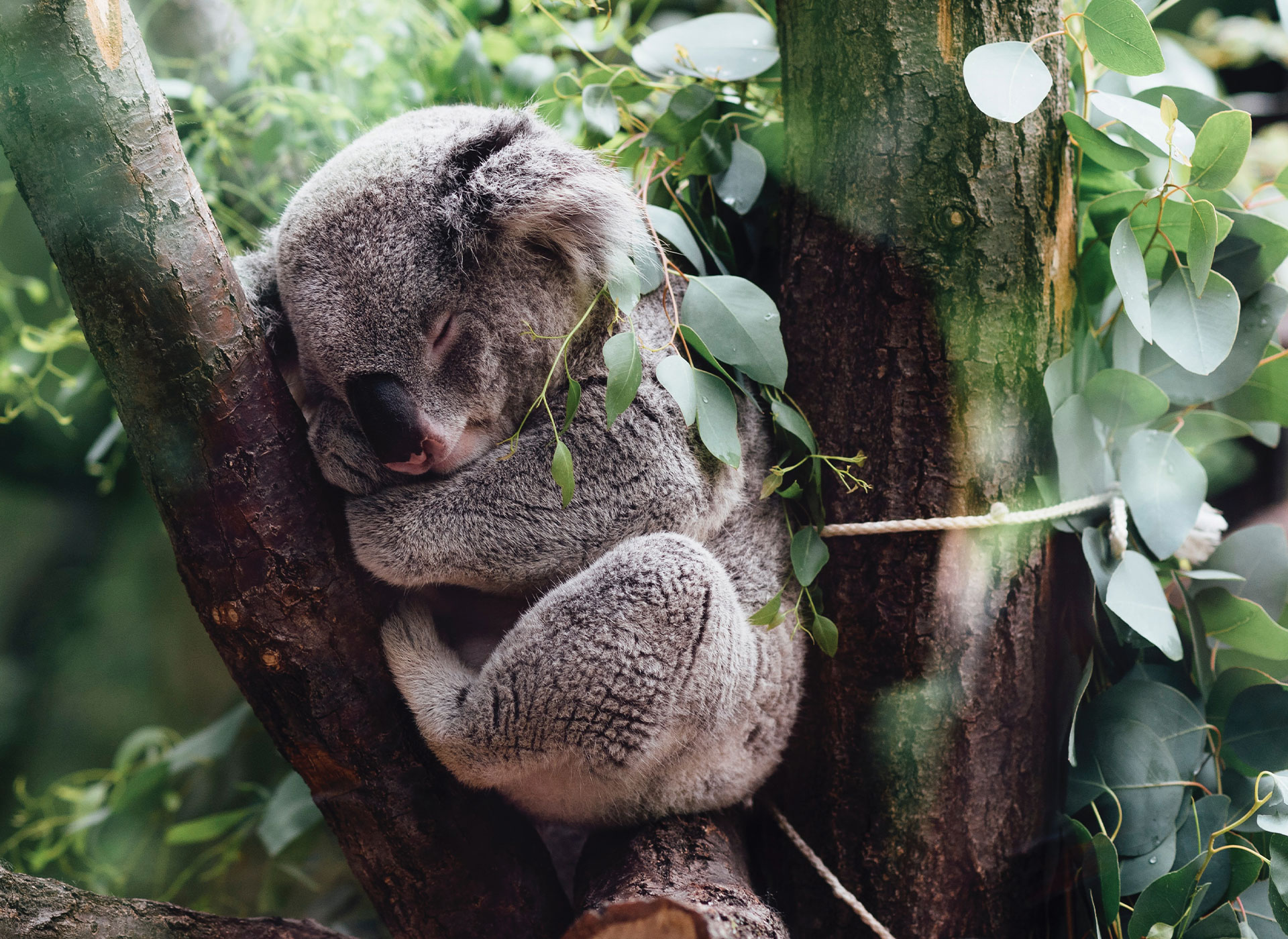
Here’s how you can help save our precious injured animals this bushfire season.
The beaches are scorching with sun and we’re on high alert for bushfires. That means there could be a whole bunch of native animals in your area that might need your help. Lack of water and shade can be a major problem for all animals in hot weather – not just your own pets in the backyard.
Local vets and wildlife groups get more emergency calls over summer than any other time. Sometimes it’s because of heat, dehydration, or injury from predators. Sometimes, it’s because a home or ecosystem has been destroyed. It’s quite common, for example, for wild ducks to start migrating to people’s swimming pools after the local lake has dried up. But this is not a safe home for a duck who needs fresh water, not chlorinated water.
You might also find insects and bees that are dying from heat, or animal homes that have been destroyed by tourists. What should you do?
KOALAS
Did you know that koalas instinctively climb high up the trees they call home when they’re in danger? This is why koala populations are hit so hard during bushfires – the treetops are where the flames are strongest. And not only koalas, but a multitude of other native species like possums, lizards, potoroos, birds, and more are also vulnerable to bushfire danger, not only during the fire but afterwards when their habitat has been destroyed and their shelter from predators is gone.
HOW YOU CAN HELP SAVE KOALAS
If you have found an injured animal that has been affected by bushfire or while you’re camping in the bush during safer times, make sure you call a professional for some advice.
Some animals are too dangerous to approach. If it’s safe, you can provide water, and a form of food that is safe for the animal. Bread is not the best food for birds, for example, so try to find out what the animal eats in its natural habitat and research some good alternatives.
Cooling the animal down with water is a great idea in the heat, but make sure they have a safe place to retreat to and get dry, like a towel and a dark box they can hide in. Most of all, you’ll need to leave the animal alone and wait patiently for the rescue team to arrive. Be proud of your rescue ranger efforts! You have made a difference to the environment.
More broadly, to help support our native species populations the most important thing you can do is play your part in helping the environment they live in. That can mean planting native trees, or it can mean writing a letter to the government to let them know you want them to do more to protect native species.
BEES
Bees are not only great little honey-makers, they are also one of the most important creatures in the ecosystem. They pollinate 84 percent of all plants we eat! Unfortunately, bee populations here and around the world are in trouble. Climate change causes some flowers to bloom earlier or later than usual, or not at all – leaving bees with fewer food sources. Their hives can also get incredibly hot over summer, and our buzzing little friends will try to cool down by regurgitating water into the hive. If it gets too dry and unbearable, they will move out of the hive. But this becomes a problem if they no longer have a safe home.
HOW CAN YOU HELP SAVE BEES
- Make sure there is ample water around a beehive. Bees will use up an impressive amount of water on a hot day to cool themselves and their home!
- Provide them some shade. While it’s not safe to tamper with the hive itself, it’s wise to find some form of shade to help the bees keep their honey-maker home.
- Plant some hardy native flowers nearby to feed your busy bee friends!

FLYING FOXES
Australia’s flying foxes are at risk. Unique and beautiful, these sweet-faced fruit bats help to regenerate our forests and keep ecosystems healthy with their pollination skills. They eat nectar, pollen and fruit – but during the dry season, fruit and water sources can become scarce.
There are two other issues that occur with flying foxes, particularly over summer:
- While trying to find a nice shady place to retreat, they can get tangled and stuck on powerlines. This is super sad to see, and it’s really hard to save them. However, it’s important to call a rescue team. Even if the adult is dead, they might have a baby clinging on that’s still alive.
- Flying foxes are also endangered because they often eat fruit from farmers’ trees and are therefore targeted as the enemy by landowners. But what some don’t realise is how important it is to keep flying foxes alive for their land regeneration.
HOW CAN YOU HELP SAVE FLYING FOXES
If you see a weak, starved, or dehydrated flying fox, you can call the RSPCA or your local vet to find out what to do and whether they can make a rescue.
However, DON’T EVER APPROACH THEM TO TOUCH THEM. A scared or hurt flying fox will probably try to scratch or bite you because they don’t know you’re trying to help, and they can carry dangerous diseases. Let the professionals look after them safely.
To find an Australian wildlife rescue volunteer near you, visit the Australian Fauna Care Network, or the RSPCA website.
RSPCA Australia: 02 6282 8300




